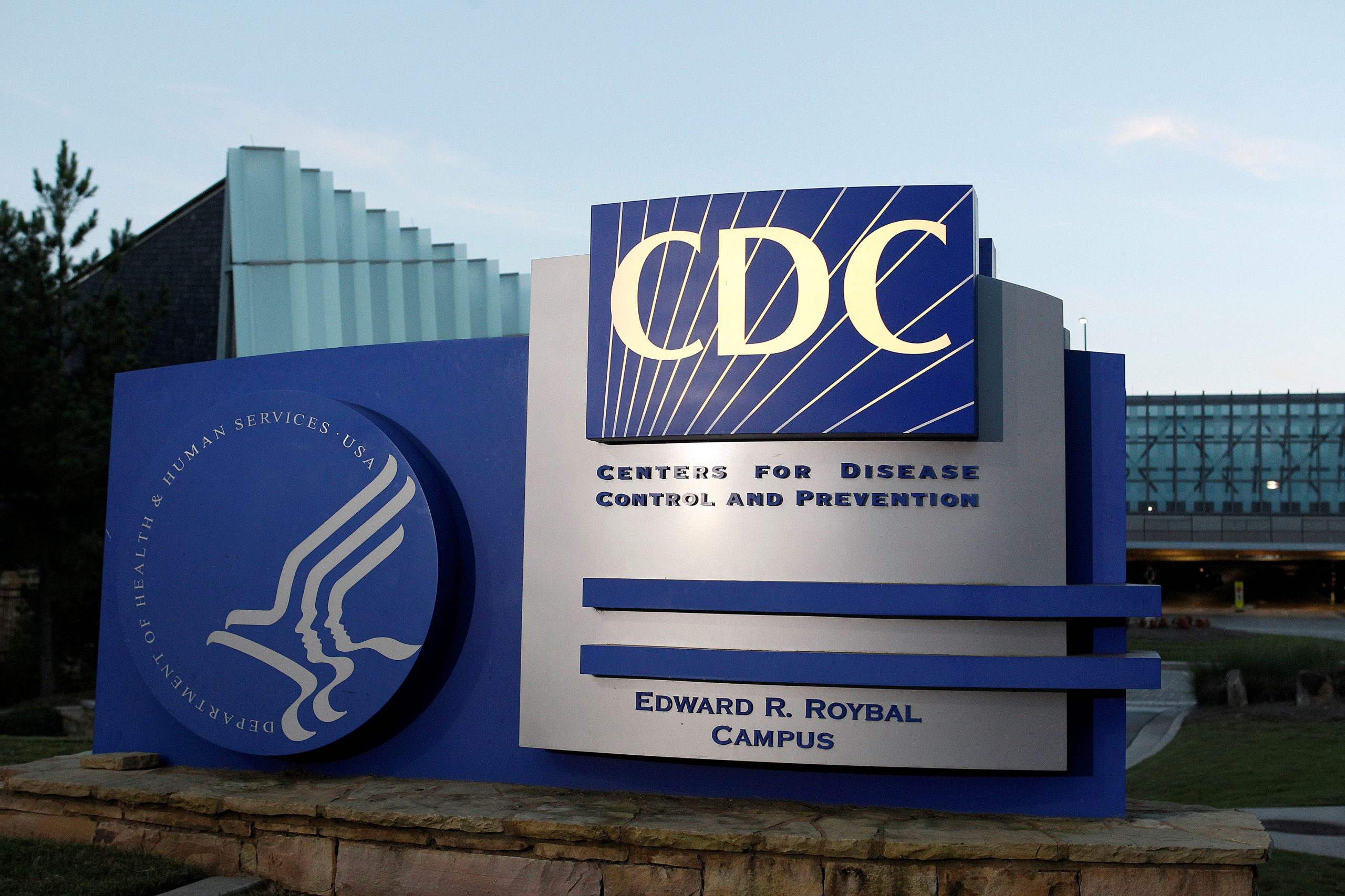The Centers for Disease Control and Prevention (CDC) issued a warning that an “emerging” tick-bite linked illness could lead to a meat allergy.
In a press release on Thursday, the CDC estimated that between 2010 and 2022, roughly 110,000 people had been affected by the illness, known as the alpha-gal syndrome (AGS), speculating that “as many as 450,000 people” may possibly have been affected by AGS.
“Alpha-gal syndrome is an important emerging public health problem, with potentially severe health impacts that can last a lifetime for some patients,” Dr. Ann Carpenter, an epidemiologist said in the press release.
New report: Suspected cases of alpha-gal syndrome (AGS), a tick bite-associated allergic condition, have substantially increased since 2010. Between 2010-2022, CDC identified more than 110,000 people suspected of living with #AGS. Read more: https://t.co/B8fOpYfdsz pic.twitter.com/ZqEYb79KP0
— CDC (@CDCgov) July 27, 2023
Carpenter explained that it was “critical for clinicians to be aware of the AGS so they can properly evaluate, diagnose, and manage their patients and also educate them on tick-bite prevention to protect patients from developing this allergic condition.”
The illness, nicknamed the “red-meat allergy” or the “tick bite meat allergy” stems from a tick bite from the Lone Star tick, which can be found in the southern, midwestern, and mid-Atlantic regions of the United States, according to the press release.
Lone Star ticks transmit alpha-gal, which is a sugar found in meat such as beef, pork, rabbit, lamb, and venison. The sugar can also be found in products from mammals such as, “gelatin, cow’s milk, milk products” as well as a few pharmaceuticals, according to the press release.
Researchers think the ticks “have an enzyme in their saliva that can produce alpha-gal,” Dr. Scott Commins, associate chief for allergy and immunology at the University of North Carolina School of Medicine said, according to CNN.
“AGS is a serious allergic condition some people experience after they consume food or products containing alpha-gal,” the press release continued.
People who may be dealing with AGS could suffer from symptoms such as hives, itchy rashes, nausea or vomiting, coughing, diarrhea, or difficulty breathing, among many others.
“Symptoms commonly appear 2-6 hours after eating food or other exposure to products containing alpha-gal (for example, gelatin-coated medications),” the press release explained.

























 Continue with Google
Continue with Google